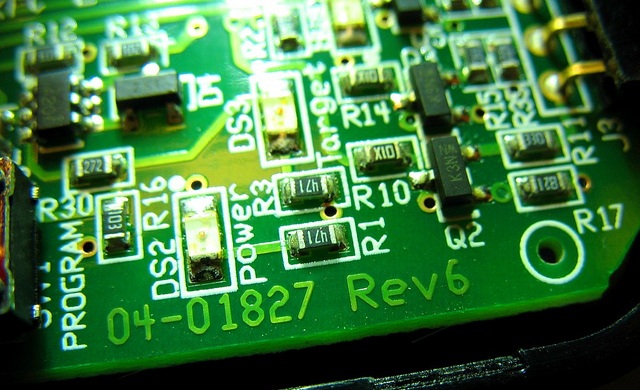For treatment of Huntington’s Disease

Auspex Pharmaceuticals, Inc. (Nasdaq:ASPX), a biopharmaceutical company dedicated to developing innovative medicines for people with movement disorders and other rare diseases, today announced that the U.S. Food and Drug Administration (FDA) has granted orphan drug designation of Auspex’s investigational compound SD-809 for treatment of Huntington’s disease.
Auspex is currently evaluating the efficacy and safety of SD-809 for treating chorea associated with this disorder in a Phase 3 registration clinical trial and is on track to announce topline data from this study in December 2014.
“The orphan drug designation of SD-809 marks a major regulatory milestone for Auspex and a significant step forward in our goal to bring this novel treatment approach to patients as quickly as possible,” said Pratik Shah, president and CEO of Auspex. “Huntington’s disease is a rare and devastating genetic disorder with very limited treatment options. The orphan drug designation recognizes the significant need that exists among individuals living with this disease.”
The FDA’s Orphan Drug program offers orphan status to drugs and biologics that are intended for the treatment of rare diseases affecting fewer than 200,000 people in the U.S. The designation provides sponsors with development and commercial incentives for designated compounds and medicines, including eligibility for a seven-year period of market exclusivity in the U.S. after product approval, FDA assistance in clinical trial design and an exemption from FDA user fees.
Auspex Pharmaceuticals is a biopharmaceutical company dedicated to developing innovative medicines for hyperkinetic movement disorders and other rare diseases. Auspex employs its proprietary technology to create patent-protected, new chemical entities from known, clinically proven pharmacologics. The company’s lead product SD-809 is in final stages of development for the treatment of chorea associated with Huntington’s disease, a neurodegenerative movement disorder that impacts cognition, behavior and movements. In addition, Auspex is investing in the broad potential of SD-809 for the treatment of other movement disorders, including tardive dyskinesia and tics associated with Tourette syndrome.


 Hot Features
Hot Features












